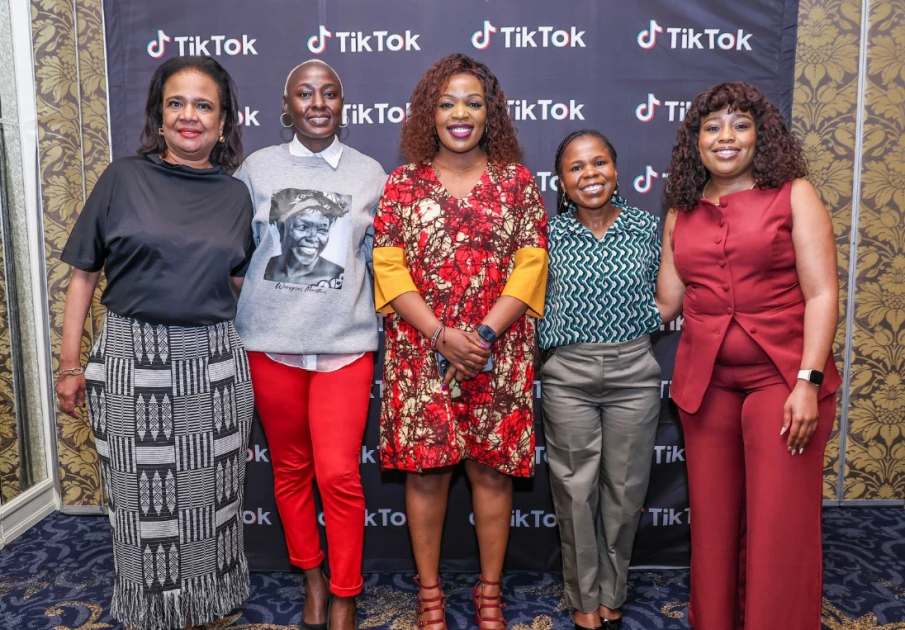Women in media call for stronger protection against online abuse


Audio By Vocalize
In the recent past, women journalists and creators in Kenya have increasingly become a target for tech-facilitated gender-based violence (TFGBV) from doxxing to trolling campaigns that end up leaving lasting emotional scars.
A 2024 study by
Nendo & Dada Disinfo found that 58% of women creators had faced harassment,
with cyberstalking, impersonation, and hate speech among the most common
attacks.
At a closed-door
roundtable in Nairobi, hosted by TikTok and the Centre for Analytics and
Behavioural Change (CABC), participants shared raw experiences of harassment,
illustrating how gendered abuse is shaping women’s participation in digital
spaces.
Among the
respondents was Kenya Editors’ Guild President, Zubeida Kananu, who recalled
how during the recent Gen Z protests, her personal contacts were circulated
online under the guise of “kusalimia.” What appeared harmless to some was, in
reality, a targeted campaign of intimidation.
“Empowering women
to participate fully and safely in media is not merely a digital challenge, it
is a democratic imperative,” Kananu said.
Other journalists
and creators echoed similar concerns, highlighting how online trolling and
coordinated hate campaigns limit women’s ability to freely engage in digital
spaces.
The roundtable
also spotlighted the role of algorithms in amplifying harmful content and the
emotional toll this has on women. Civil society representatives urged for
stronger redress mechanisms and better education on digital safety.
“Addressing
tech-facilitated gender-based violence requires more than just policies; it
demands deep listening, data-driven insights, and collaboration across
sectors,” said Kim Thipe, Executive Director of CABC.
For TikTok, the
roundtable was part of a broader series across Sub-Saharan Africa aimed at
drawing direct feedback from women most affected by online abuse.
The company says
it wants to hear first-hand experiences to shape its safety tools, policies,
and enforcement.
“At TikTok, safety
is at the heart of everything we do,” said Duduzile Mkhize, Outreach &
Partnerships Manager for Sub-Saharan Africa. “Creating safe spaces online isn’t
just about technology, it’s about humanity.”
While participants
welcomed TikTok’s engagement, many noted that the challenge goes beyond one
platform.
They called for
stronger laws addressing emerging threats like deepfakes, coordinated doxxing,
and gender-based harassment campaigns that spill from online to offline.


Leave a Comment